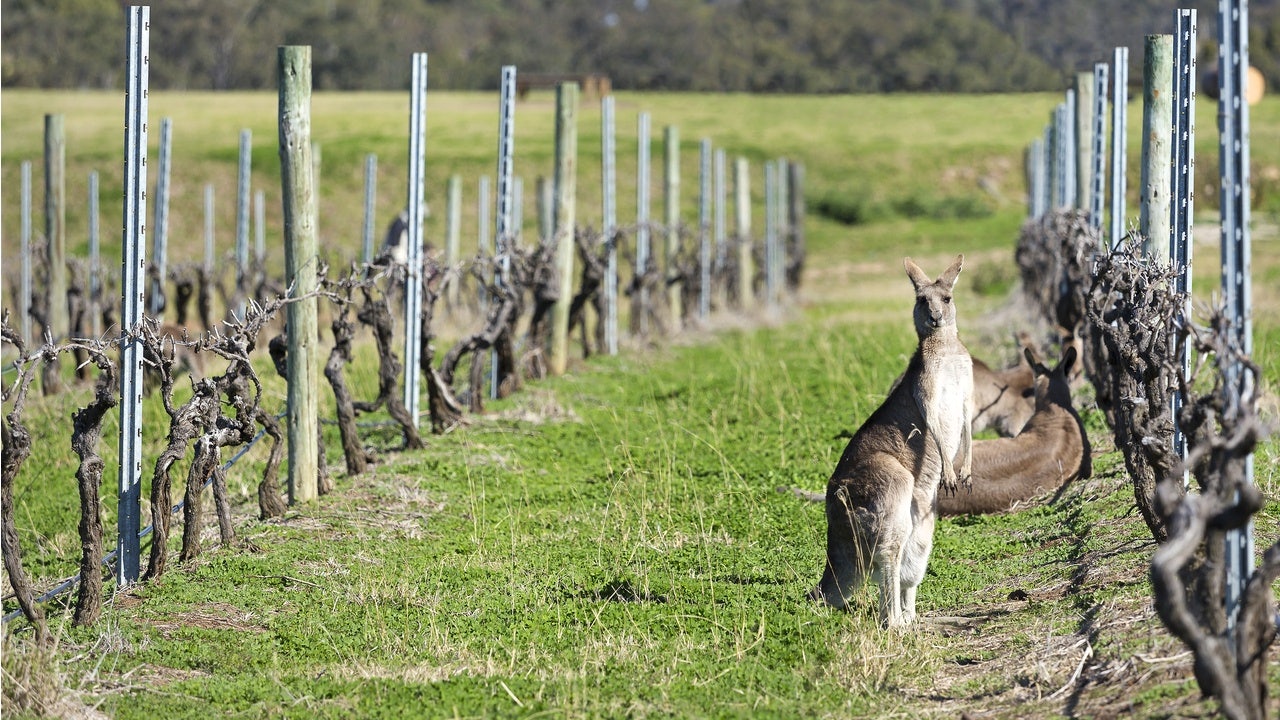What happened
: The party may be over for Australian wine importers. On November 27, after finding preliminary evidence of dumping, China announced that it is going to impose duties of up to 212 percent on Australian wine imports.
While the Australian government “categorically rejects” any allegations of product dumping (a term for exporting at lower prices than prices in the home market), the Chinese foreign ministry spokesperson said Canberra should shoulder the blame for this “sharp downturn” in relations.
But wine is just the latest battlefront in the ongoing trade war between Australia and China. Beyond allegations of product dumping, Canberra incited tensions with Beijing over calls to investigate the origins of COVID-19. Beijing retaliated by suspending imports of Australian beef, slapping heavy tariffs on barley, and discouraging spinning mills from using Australian cotton. It also didn’t help that Australia banned Huawei from participating in the erection of the nation’s 5G network in 2018.
The Inter-Parliamentary Alliance on China, an international alliance of parliamentarians focused on relations with the Chinese government, flocked to Australia’s defense and launched a campaign to get people to buy Australian wine in December. This move is both in solidarity and as a firm stance against China’s increasing aggressions around the world.
Jing Take#
: Despite this well-meaning show of support, it would still take a massive amount of people to save Australia’s wine industry. China is by far the biggest importer of Australian wine, making up 39 percent of the country’s total wine exports, followed by the US and the UK at 15 and 14 percent, respectively.
Naturally, the tariffs will deliver a devastating blow Down Under — to everyone from grape growers and small exporters to regional communities. While bigger producers may have a foothold in other markets, many smaller ones have built their business around exporting to China, and they don’t have a Plan B. Moreover, this power play comes at peak export time. The last four months of the year is when half of those products typically ship out to China, said Tony Battaglene, the chief executive of Australia’s national association of winemakers, Australian Grape and Wine, in an interview with CNBC. In essence: There is no time to recalibrate.
With nowhere to sell, Australian wine could flood the domestic market and “metaphorically bastardize” the industry, said vinologist Mike Hayes to The Canberra Times. In other words, once prices for these premium wines drop, they will be hard to correct moving forward, destroying long-term brand equity. Keep in mind that the wine sector was already under financial strain due to pandemic-imposed lockdowns and extreme weather events that have been wiping out harvests.
Australia’s wine troubles will have ripple effects elsewhere, too. As the country has branded itself as a high-end wine provider, there will be a void left for winemakers to quench the thirst of China’s wealthy wine buyers. But more importantly, these headlines should serve as a wake-up call to luxury businesses that are overly reliant on China for sales. Messing with Beijing will give you a massive hangover.
The Jing Take reports on a piece of the leading news and presents our editorial team’s analysis of the key implications for the luxury industry. In the recurring column, we analyze everything from product drops and mergers to heated debate sprouting on Chinese social media.

